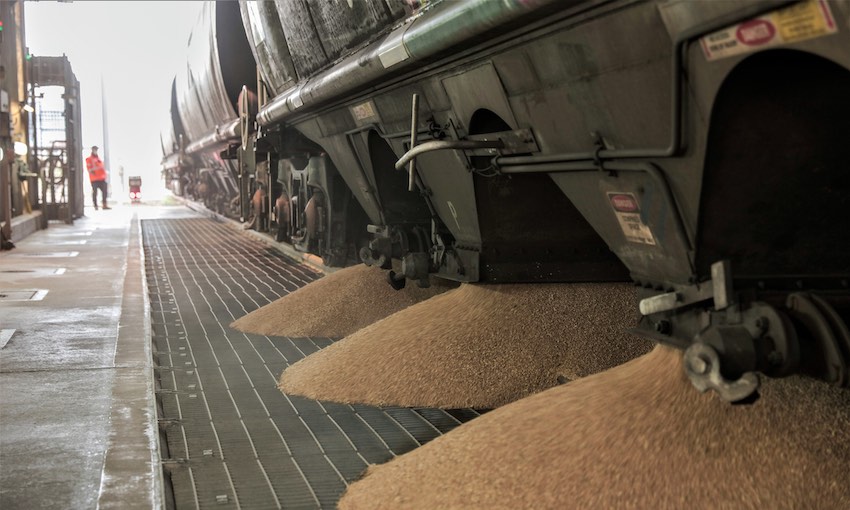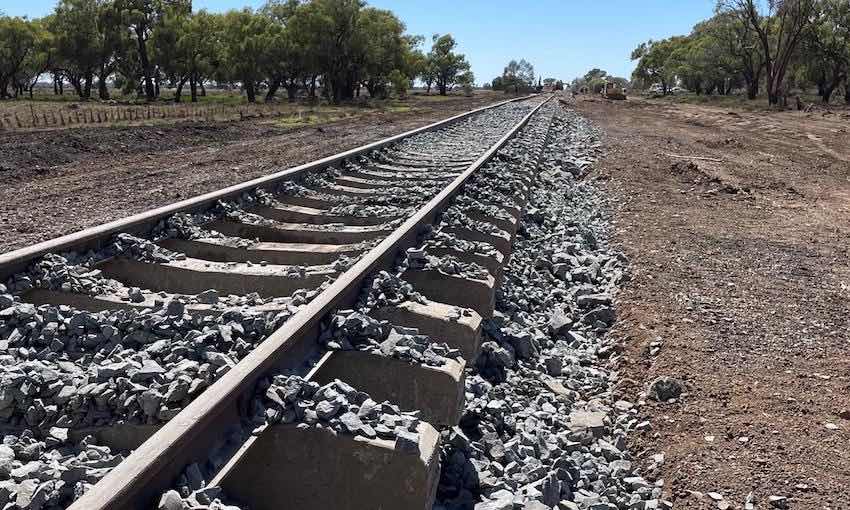NSW Ports is calling for investment in rail infrastructure to support the grain trade at Port Kembla.
More than 3 million tons of grain was exported from Port Kembla in the past financial year, according to NSW Ports CEO Marika Calfas.
She said the GrainCorp terminal, one of two grain terminals at Port Kembla (alongside Quattro Ports) this week exported its millionth tonne of grain since October 2022.
“Port Kembla is the largest grain export port on Australia’s east coast, connecting farmers and producers from paddock to port to reach global markets,” Ms Calfas said.
“The port’s direct road and rail links support the state’s agricultural exporters, with the majority of grain arriving at the port on trains.
“In the past financial year alone, about 1200 trains carrying grain bound for customers overseas arrived at Port Kembla.”
Ms Calfas said farmers rely on strong road and rail connections to move their produce to the port.
“While Port Kembla is well connected to the regions, ongoing investments in road and rail infrastructure and capacity are critical to ensure a reliable and resilient network capable of handling freight growth into the future,” she said.
“Last year, we saw the impact of extreme weather events that closed the Moss Vale-Unanderra rail line for seven months for repairs – costing exporters time and money.
“NSW Ports, alongside other Port Kembla industries and Business Illawarra, continues to advocate for investment in the Maldon-Dombarton dual freight-passenger line.”
The proposed Maldon to Dombarton Railway is a 35-kilometre single-track rail freight line between the Main South Line at Maldon in the Southern Highlands and Dombarton near Port Kembla.
“This essential rail line would build network resilience for key exporters, while connecting Illawarra residents to the growing South West Sydney region and Western Sydney Aerotropolis. It will also provide future capacity to handle the state’s growing trade needs.”
GrainCorp port operations manager Kevin Edward said up to 25 grain trains have been arriving each week from regional NSW, carrying wheat, barley and canola.
“It’s a 24-hour rail cycle through to Port Kembla from our regional sites in NSW, making it one of the most operationally efficient port zones in NSW.”





